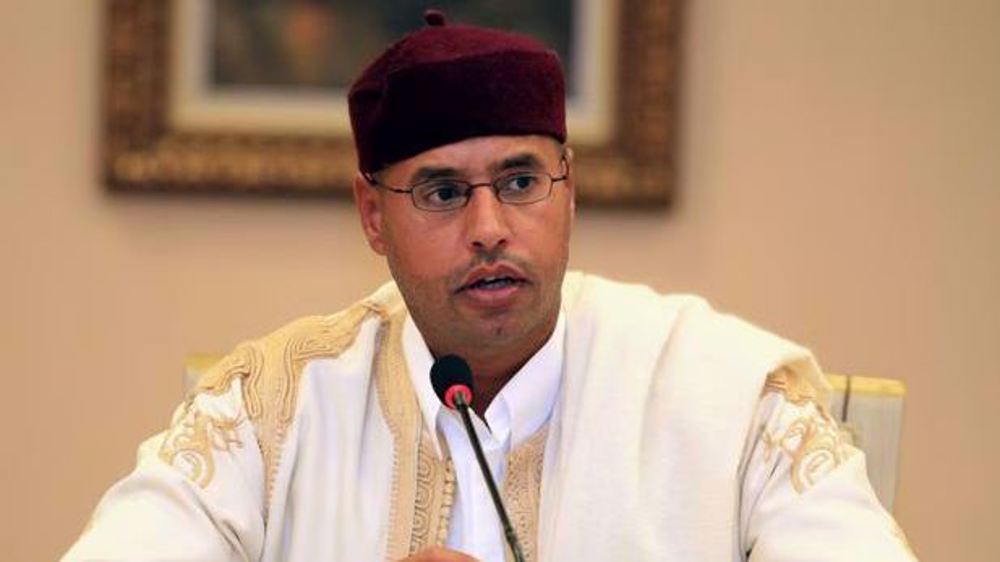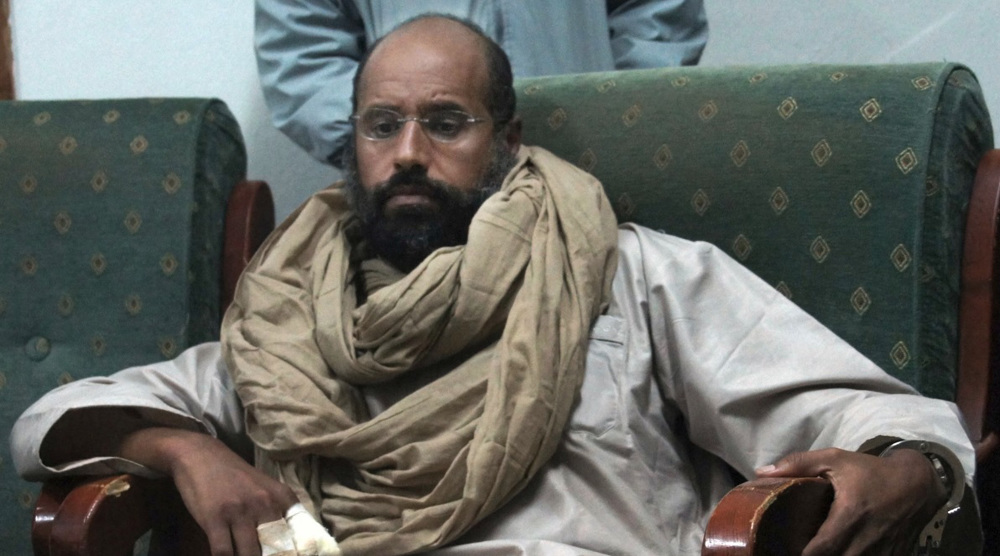HRW calls on Libya's rebel commander to probe war crimes by militias
Human Rights Watch (HRW) has called on Libya’s renegade general Khalifa Haftar to investigate war crimes perpetrated by the rebel forces under his command after reports emerged of the discovery of several mass graves in the North African country.
The New York-based watchdog made the plea on Tuesday after Libyan government forces had unearthed eight mass graves, most of them in and around the strategic town of Tarhuna in the southeast of the capital, Tripoli.
The town served as the main launchpad for Haftar and his self-styled Libyan National Army (LNA)'s 14-month offensive to seize Tripoli.
The HRW also pointed to a video footage posted on social media last month that showed executions as well as desecration of corpses by militias and rebel forces under Haftar’s command in Tarhuna, which was recaptured by Libyan government forces earlier this month.
"Haftar needs to urgently hold his forces accountable for any war crimes they are committing and apparently advertising online," HRW's senior Libya researcher Hanan Salah said.
"Senior LNA leadership has ignored these crimes, but they should be held accountable by domestic and international courts for complicity in abuses," she added.
The revelation of crimes in Tarhuna came after the Libyan government forces made major gains in their defense against Haftar's offensive, driving rebels out of all their remaining positions in the west of the capital.
The United Nations mission to Libya (UNSMIL) also on Thursday expressed its “deep concern” about the mass graves in the strategic town and called for an investigation into the matter.
UNSMIL said it had received “deeply disturbing” reports of deaths, destruction, and looting in the area, adding that authorities “must conduct a prompt, transparent and effective investigation into reports of extrajudicial killings.”
It is not the first time that rebel forces loyal to Haftar have faced allegations of war crimes.
In 2017 and 2018, the International Criminal Court issued warrants for the arrest of a rebel commander, Mahmoud al-Werfalli, for his role in a series of extra-judicial executions and desecration of corpses in Libya's second city Benghazi.
Earlier this month, the Libyan government forces announced the full liberation of the capital Tripoli and its suburbs after being besieged for more than a year by Haftar’s militias.
Libya has been in chaos since 2011, when a popular uprising and a NATO intervention led to the ouster of long-time dictator Muammar Gaddafi.
Since 2014, two rival seats of power have emerged, namely the internationally-recognized government of Prime Minister Fayez al-Sarraj, and another group based in the eastern city of Tobruk, supported militarily by Haftar’s rebels.
The strongman, supported by the United Arab Emirates, Egypt, and Jordan, launched a deadly offensive to capture Tripoli, the seat of the GNA, in April last year. His forces, however, have failed to advance past the city’s outskirts.
International attempts to bring about peace between the two warring sides have also failed.
VIDEO | Press TV's news headlines
Journalist Tucker Carlson says he was detained in occupied territories after interview with US amb.
VIDEO | Is there any hope for Russia-Germany relations?
VIDEO | Israeli land grab policies
Nuclear chief: Israeli infiltration, sabotage drove Iran towards nuclear self-sufficiency
IRGC intel. chief: Enemies devised 7-stage plot for recent riots
Israeli minister calls to 'encourage' Palestinian exodus
VIDEO | Press TV's news headlines












 This makes it easy to access the Press TV website
This makes it easy to access the Press TV website